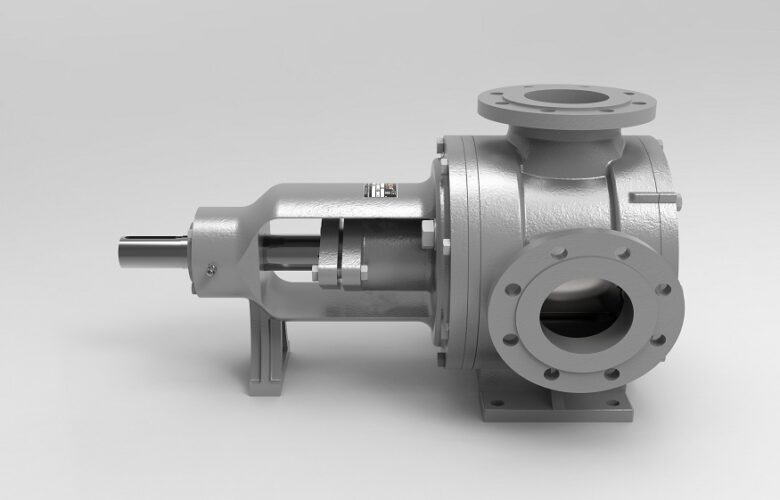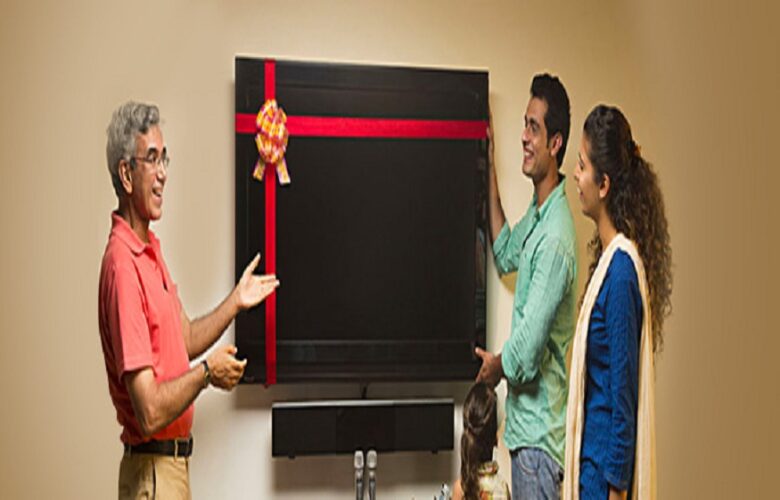Numerous aspects of the cannabis industry occupy a legal no man’s land thanks to conflicts between federal and state laws. But that is not true across the board. For example, there are tertiary businesses that support various aspects of cannabis without violating federal law or encouraging others to do so. Manufacturing cannabis processing equipment immediately comes to mind.
CedarStoneIndustry is a company that designs and manufactures a complete selection of cannabis processing equipment. The Houston-based company also manufactures stainless steel tanks and other equipment for food processing companies, breweries, and the like. Their cannabis processing equipment is just a small fraction of their total output.
Despite federal rules against marijuana growing, distribution, and possession, there is still money to be made in designing and manufacturing cannabis processing equipment. And because the equipment can be used to process industrial hemp, there are no legal issues.
Differences Between Plant Types
For a company like CedarStoneIndustry, how a customer uses its cannabis processing equipment doesn’t much matter. But still, the law treats industrial hemp and marijuana differently. The biggest difference, from a legal standpoint, is the amount of THC a plant or derived product contains.
When we speak of marijuana or marijuana-derived edibles, gummies, etc., what we are talking about are products with a THC volume in excess of 0.3%. Plants and products with such high volumes of THC are considered marijuana under federal law. Marijuana remains illegal by federal standards.
Any plants or products with 0.3% THC or less are classified as hemp products. Hemp was legalized across the country with the signing of the 2018 Farm Bill. Thus, processors do not need any special state license or legal exemption to utilize industrial hemp to make a variety of CBD products.
It is All Cannabis
Getting back to equipment manufacturers, their reality is that all the plant material utilized by their customers is cannabis biomass. It doesn’t matter to them whether the biomass is marijuana, industrial hemp, or something else entirely. Extraction is extraction regardless.
This gives equipment manufacturers a tertiary market for which there is no risk to them. What processors do with the equipment once it leaves the manufacturing facility is the customer’s business. Having said that, there may be exceptions to the rule when a manufacturer also offers installation services.
CBD Extraction Is Okay
A manufacturer may be perfectly willing to install cannabis processing equipment the customer intends to use for the purposes of manufacturing CBD products. That manufacturer has no problem lending time, resources, and expertise to helping the CBD enterprise get up and running. But what if that same manufacturer does not want to get involved with THC?
The risks of getting involved are relatively low. Yet that doesn’t mean they are nonexistent. As long as marijuana and THC remain federally illegal, manufacturers face at least some risk by offering to install cannabis processing equipment that will be used to manufacture THC products. In such cases, manufacturers have both legal considerations to think about.
An Ongoing Legal Conflict
Cannabis processing equipment amounts to nothing more than a collection of tools. The tools can be used to process either industrial hemp or marijuana. To both manufacturers and cannabis processors, the ethical and legal dilemmas boil down to a willingness to get involved in the THC market.
As long as the ongoing legal conflict remains, there will be some concerns about processing marijuana. But for equipment manufacturers, plant material does not much matter. They have the luxury of being able to design and build cannabis processing equipment that can be just as easily used with hemp biomass.









